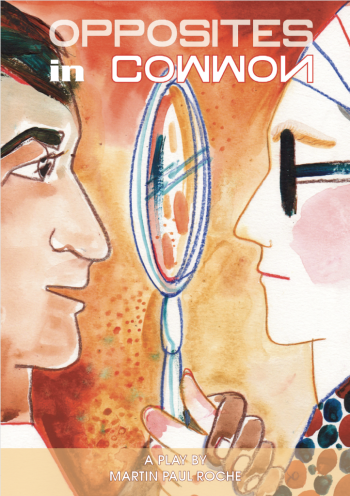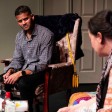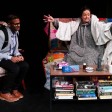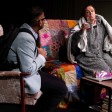Opposites in Common
"A lighthearted take on the life of two very unlikely soul-mates; of relationships, writing, fags, cake and vodka. Oh, and ginger biscuits. The finest somebody else's money can buy."
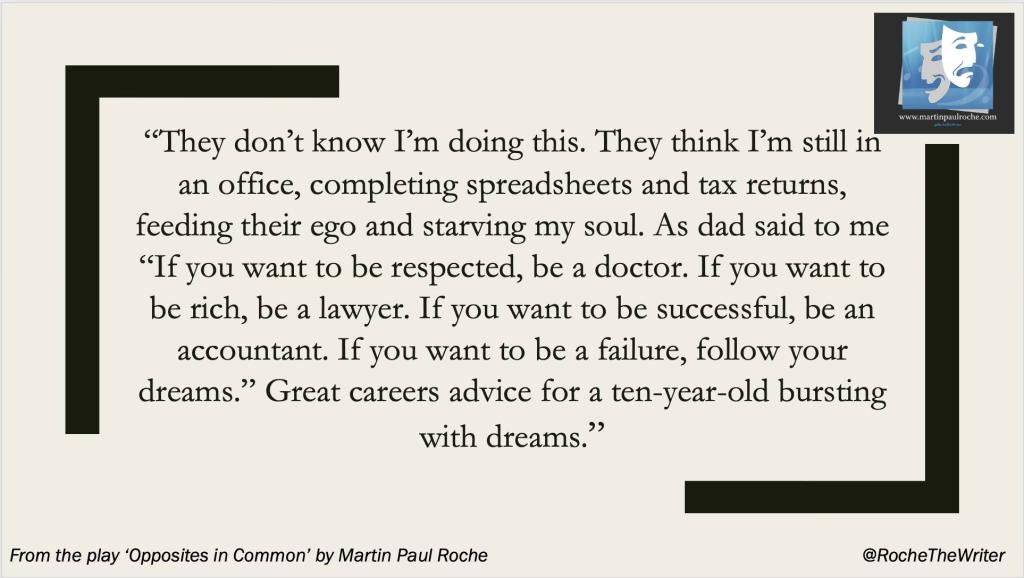
For further information concerning licensing, click HERE
SYNOPSIS
"Tired and uninspired is the last thing you want to be as a writer.
Yet Toni couldn’t be more so if she tried.
No money, no ideas and worst of all, she’s out of vodka, cake and fags.
When her publisher (affectionately known by her as ‘The Git’) sends her a surprise, it ends up being, not her preferred bottle or a royalties cheque, but Deepak. An accountant with an obsession about her and her writing; worse, a desire to be a writer - just like his reluctant heroine.
Although they couldn't be more different if they tried, this unlikely pairing soon come to discover that their differences are the thing which will ultimately bind them. Bound in a relationship which navigates laughter, tears and a passion for writing.
Despite all the odds, they end up united in the pursuit of the simple things we all hope for: to have a dream and to find a soulmate.
And in the process, discovering that opposites in reality, can have so much in common."
NB: There is an advisory on this play that it is not suitable for children.
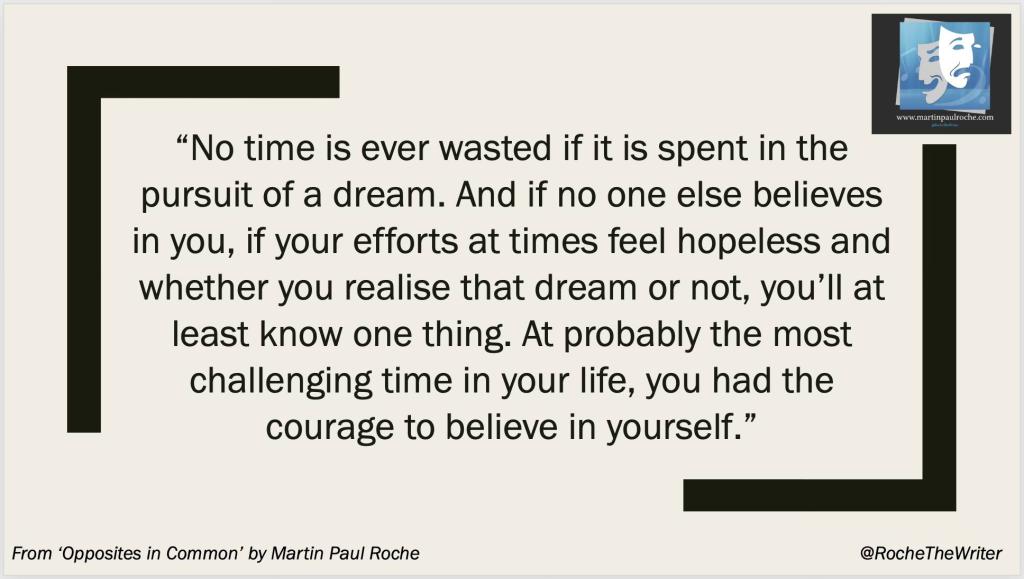
The play premiered in August 2024, playing at Millgate Arts Centre in Delph, Guide Bridge Theatre, Audenshaw and Studio 9 in Hyde. It featured Rachel Harrison and Hitz Patel. It was directed by Martin Paul Roche. See the gallery for rehearsal and production photos, the latter taken by Martin Ogden.
.jpg)
Hitz Patel and Rachel Harrison
Staging
This is a two act play. Act one is approx 50 minutes and act two approx 70 minutes. It is a single-set piece comprising a lounge in a modern flat/apartment which simply has to demonstrate a passage of time by variations in dressing. It is set in the present day. No special requirements with tech, properties or wardrobe, all of which are indicated/suggested within the script. All tech cues are marked in the script.
Toni: aged between 40-70. A woman of style, of attitude; aloof yet endearing, passionate and opinionated. She is distant due to life and conditioning. A loner yet yearning not to be. She has an anger at times which is not really her. An ignorance which is alien without her realising. She is immune to shocking herself so doesn't appreciate the effect she has on others. Initially, Deepak is a means to an end. But she eventually finds in him, a person whom she has never known; a soul which is initially alien and then, unexpectedly, a friend who helps her to find herself.
Deepak: aged late 20's to late 30's and of Indian heritage. A man who initially presents as naive, but with a nervous energy; hungry to find his place, his worth. Passionate, excited about what life could have in store if only his present life would allow it. In the end, he is finding himself and a meaning, a reason for who and what he is. He is setting out on a journey away from the world he knows but without planning it, Toni helps him to find his way to it and what the potential life might hold. Against the odds and every stereotype, these opposites really do attract.
Original artwork by Victoria Mironenko.
Gallery
Awards
Just some of the audience feedback ...
- "Beautiful, thought provoking play, beautifully written."
- “Go and see this play, I've just been to the first night at the Millgate Arts Centre. It's a super script, two fabulous actors; it’s Martin's best work by far and the best play I've seen on a stage for a long time.”
- "A must watch piece of theatre."
- “It’s an excellent play. Thoroughly enjoyed it.”
- “Absolutely amazing play, perfectly cast and totally absorbing!”
- “Just home from seeing this ... OMG! 11/10! Not a dry eye in the house.”
- “Enjoyed all the plays he's so far written and had performed. Not to be missed.”
- “We've just got home from watching the show ... fantastic! We laughed, we cried. Thank you.”
- “Brilliant! Well done to all involved, very well written and amazing performance from Hitz Patel and Rachel, I laughed a lot and cried! I was hooked all the way through! You should be very proud!”
- “Thoroughly enjoyed this play, great writing superb acting.”
- “ … credit where credits due. I had no idea the interval was coming. I didn’t want it to stop and the ending was so emotional”
- “Congratulations Martin for a superb play and well-cast. Anyone out there who has nothing to do tonight get yourself to Millgate Arts Centre to see Opposites in Common. Written and directed by Martin Paul Roche and the best play I have seen in a long time. Excellent."
- "Last night was like getting on a bus with two talented crafted performers and getting on and off at different stops of pure realism and emotion. Definitely stops that needed an air of caution because I didn't bring a box of tissues. Myself and friends were in there with the performers and with a fast paced dialogue we were kept in the moment. Writing that was finely stitched and woven to 'just be.' Performed powerfully by two talented actors with comedy, drama and life. Get a seat for a must see play."
- And finally ... A lady in the bar during the interval at a performance: HER: "I'm enjoying it, but there are no real belly-laugh moments." ME (overhearing): "There is a reason for that." HER: "Really?" ME: "Yes. It's not a comedy ..."
